Liturgy and Literature in the Making of Protestant England
The Book of Common Prayer is one of the most important and influential books in English history, but it has received relatively little attention from literary scholars. This study seeks to remedy this by attending to the prayerbook's importance in England's political, intellectual, religious, and literary history. The first half of the book presents extensive analyses of the Book of Common Prayer's involvement in early modern discourses of nationalism and individualism, and argues that the liturgy sought to engage and textually reconcile these potentially competing cultural impulses. In its second half, Liturgy and Literature traces these tensions in subsequent works by four major authors - Sidney, Shakespeare, Milton, and Hobbes - and contends that they operate within the dialectical parameters laid out in the prayerbook decades earlier. Rosendale's analyses are supplemented by a brief history of the Book of Common Prayer, and by an appendix which discusses its contents.
{{comment.content}}

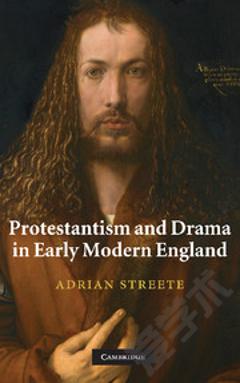

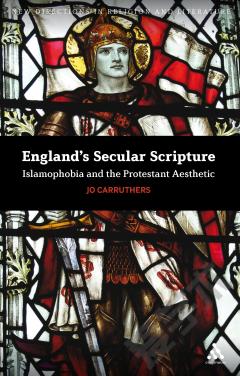
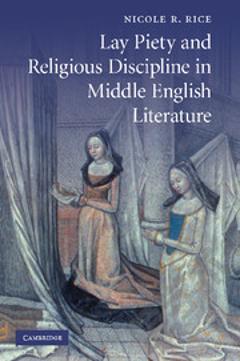
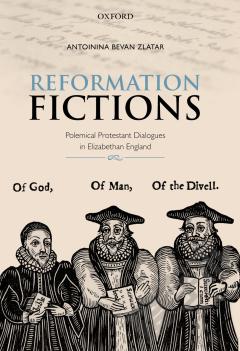
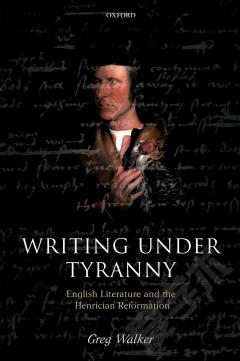

 京公网安备 11010802027623号
京公网安备 11010802027623号